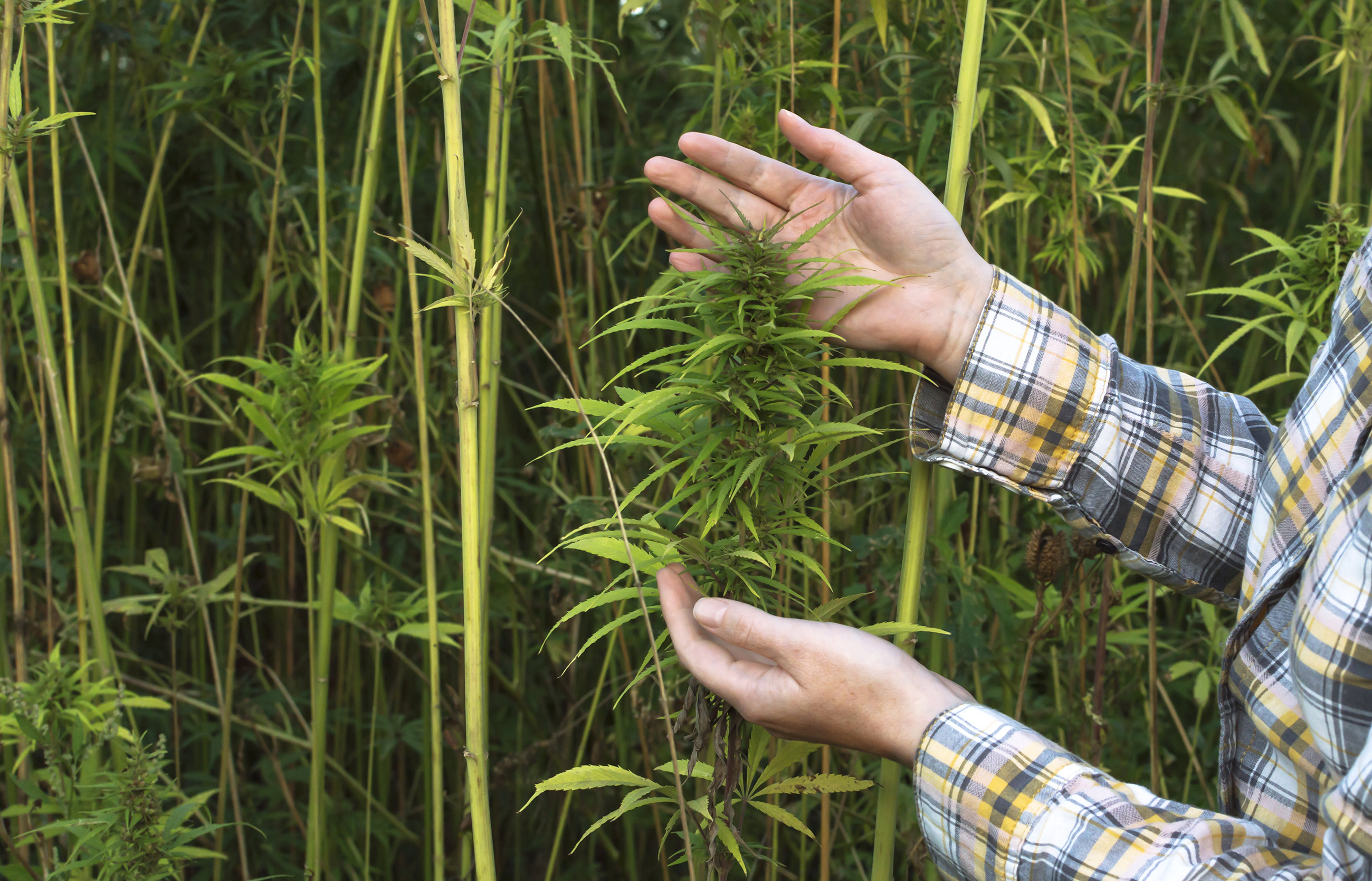
Communities of color have suffered the most under the nearly 50-year-long war on drugs that has torn apart families, neighborhoods, lives, and livelihoods. So five years ago when New York Assemblymember Crystal Peoples-Stokes began to discuss the idea of marijuana legalization with her fellow Democrat, state Sen. Liz Krueger, one of her first questions was, “What happens to the people who already have records who can’t go to college, can’t live in public housing, who can barely get a job?”
This was just one of the many issues related to racial, social and economic justice that would find their way into the Marijuana Regulation and Taxation Act (MRTA). The 2017 bill was authored by the two legislators and in many ways is the basis for Democratic Gov. Andrew Cuomo’s newly proposed plan to roll out adult-use cannabis in New York. But Cuomo’s differs in some key areas.
Among the issues MRTA addresses are the answer to the question first posed by Peoples-Stokes, who represents the portion of western New York that includes Buffalo. “In thinking it through, it was clear to me that if there was going to be legalization, there was going to have to be a sealing of the records,” she told Weedmaps News.
Under her proposed bill, anyone who has been convicted of low-level cannabis possession or sale could have the charges vacated without having to hire an attorney. Individuals would simply fill out an application to get the process started. People now incarcerated for those offenses would either be released or have their sentences reduced in line with the new laws.
Offenses that can currently end in arrest — sale of less than a pound of marijuana or possession of more than two pounds of marijuana — would instead result in a fine under MRTA. Smoking in public or where tobacco smoking is prohibited would result in a fine. Other charges, such as driving under the influence of cannabis; unlicensed sale of more than 1 pound, or 454 grams, of cannabis; and selling marijuana to minors would still be arrestable offenses.
On Jan. 15, 2019, Cuomo outlined his own adult-use cannabis proposal during his State of the State address. His version, named the Cannabis Regulation and Taxation Act, which will now be heading to the legislature, would also automatically seal some past marijuana convictions, and reduce sentences in line with the new laws.
Key Differences in Governor’s and Legislative Proposals
Cuomo’s proposal also lowers the severity of penalties for cannabis-related offenses, but the penalties are tougher than those in MRTA. For instance, it levies fines only for criminal possession, but only for up to 8 ounces, or 227 grams. Additionally, if the person has been previously convicted twice for a similar offense in a three-year period, they could get up to 15 days in jail. These offenses are considered misdemeanors as opposed to less serious violations. Illegal sale of cannabis is even harsher under the governor’s proposal. The sale of more than an ounce could result in a three-month jail sentence. Four ounces could get you a year behind bars.
For a variety of reasons, 2019 looks to be the year when adult-use legalization will finally come to pass. Cuomo is on board after years of calling marijuana a “gateway drug” and resisting legalization efforts. Both houses of the Legislature are now controlled by Democrats. And Peoples-Stokes was named the Assembly majority leader, both the first woman and African-American to hold the post, giving her a bigger platform from which to push her legalization plan that is centered on social justice.
During his State of the State address, Cuomo also focused on social justice. “Let’s stop the disproportionate impact on communities of color,” Cuomo said. “Let’s create an industry that empowers the poor communities that paid the price and not the rich corporations that come in to make a profit.”
Peoples-Stokes told Spectrum News on Jan. 16 that she was pleased that Cuomo focused on impacted communities of color during his speech, but doesn’t know exactly how his bill would help those communities. She is continuing to push for reinvestment and business opportunities for people of color.
In an article Peoples-Stokes penned with Brandon Terrell Hicks in November 2017 for the news and culture website Blavity, aimed toward black millennials, she wrote that the task was to “create a marijuana industry which does not exclude Black people,” pointing to a 2017 study that found less than 5 percent of founders and business owners in the marijuana industry are African-American.
MRTA tries to address this through targeted, low-interest microbusiness and cannabis-license loans that would promote “racial, ethnic, and gender diversity.” The governor’s proposal also includes no- or low-interest loans “provided the office has sufficient funds available for such purposes.”
Fifty percent of the tax revenue from adult-use legalization would go to a Community Grants Reinvestment Fund under MRTA. The money would be earmarked for disenfranchised communities hardest hit by the war on drugs to be used for things like job training, adult education, re-entry services, and business incubators. Peoples-Stokes calls it “a huge piece” that could help transform neighborhoods where “‘the businesses are few and far between” except for predatory business, there’s “a lot of blight” and “there’s been no investment in the people who live there.”
Cuomo’s plan lacks anything like the Community Grants Reinvestment Fund and does not specify how much tax revenue would be reinvested in the communities hit hardest by the war on drugs.
The Business of Business
One group Peoples-Stokes hopes to reach through business incubators are those people currently involved in the illicit cannabis market. “That’s critically important because there’s no question there are people out there who have the business acumen to sell their product but they’re selling it underground,” she said. “I think technical assistance being provided for this population will go along way to turn illicit business into legal business.”
Cuomo’s plan also calls for a business incubator, but only for people who have received cannabis licenses, a much more limited program than what MRTA proposes.
Under both the governor’s proposed legislation and MRTA, no one could be denied a cannabis business license based on prior drug convictions; this could also help prospective canna-preneurs transition into the regulated market. Beyond cannabis, Peoples-Stokes sees an opportunity for entrepreneurs from low-income communities to start businesses of all types that could help transform their neighborhoods.
“I think these communities will look different,” she said. “You’ll see business popping up around places where right now no one wants to do business. If we’re successful, it will cost less money to run government because we won’t have to keep having to do things for people that they can now do for themselves. When the framework, the investment, the mindset changes for the people in that community people are going to want to invest there.”















